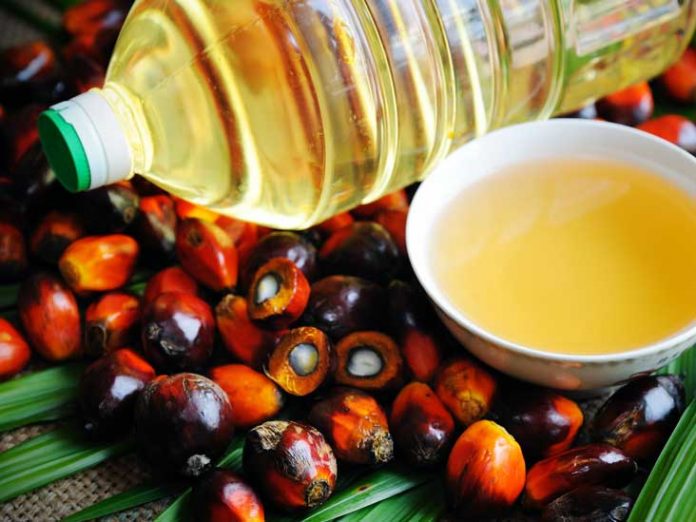The palm oil market is set to miss out on a key high-demand period in 2020 as coronavirus-driven lockdowns during the holy month of Ramadan dent demand in key importing countries such as India, Pakistan and Bangladesh.
Lower-than-normal demand could put pressure on Malaysia’s benchmark crude palm oil prices, which have already fallen nearly 30% since Jan. 23. That is when China, the second-largest global palm consumer, enacted the world’s first coronavirus-related lockdown.
Palm oil demand typically increases in the two months before Ramadan, set to begin on April 23 this year and end with Eid al-Fitr on May 23. Importers usually stock up on the edible oil in anticipation of increased food consumption as families and friends meet in communal feasts to break their daily fasts. With people under lockdown unable to gather as normal this year – and with many restaurants, canteens and hotels shut – iftar, or break-fast meals, are expected to be small-scale affairs.
Purchases from top Ramadan buyers – India, Bangladesh, Pakistan, Saudi Arabia and Iran – picked up in early March, but have slumped since then as governments enacted lockdown measures, traders and analysts said. “We have lost that window for Ramadan demand to pick up, we should have seen a lot higher shipments to the Middle East in the beginning of March,” said Sathia Varqa, owner of Singapore-based Palm Oil Analytics.
March palm oil exports from Malaysia, the world’s second-largest producer, fell 27% from the same month a year earlier to 1,181,422 tonnes, the lowest monthly volume since at least 2016, according to Malaysian Palm Oil Board data. Top producer Indonesia’s March exports were higher than in February but fell 3% from a year earlier to 1,885,153 tonnes, according to Refinitiv data.
“Middle East buyers are under lockdown, so it is difficult to see a seasonal peak,” Varqa said. In India, the world’s biggest edible oil consumer, the hotel, restaurant and catering industry is a major user of palm oil, but demand from this sector has fallen as much as 40% due to a nationwide lockdown, according to an analysis published by the Malaysian Palm Oil Council (MPOC).
Indian palm oil demand usually jumps around 10% during festivals such as Ramadan, but this year such an increase is unlikely, said Sudhakar Desai, president of Indian Vegetable Oil Producers’ Association (IVPA). “For the first time this year we will see a fall in per capita consumption,” Desai said. The country’s imports in March plunged 58% from a year earlier to 335,308 tonnes, according to data compiled by Mumbai-based industry body the Solvent Extractors’ Association.
In April, India’s palm oil imports could plunge to 450,000 tonnes from 707,450 tonnes a year ago, IVPA’s Desai said. Pakistan’s palm oil imports in March were 40,000 to 50,000 tonnes lower than industry expectations, while trading in Bangladesh’s local market has been slow since mid-March, according to MPOC analysis. “Purchasing power is falling. People are losing jobs or witnessing pay cuts. This will have an impact on palm consumption,” said a Mumbai-based dealer with a global trading firm.




